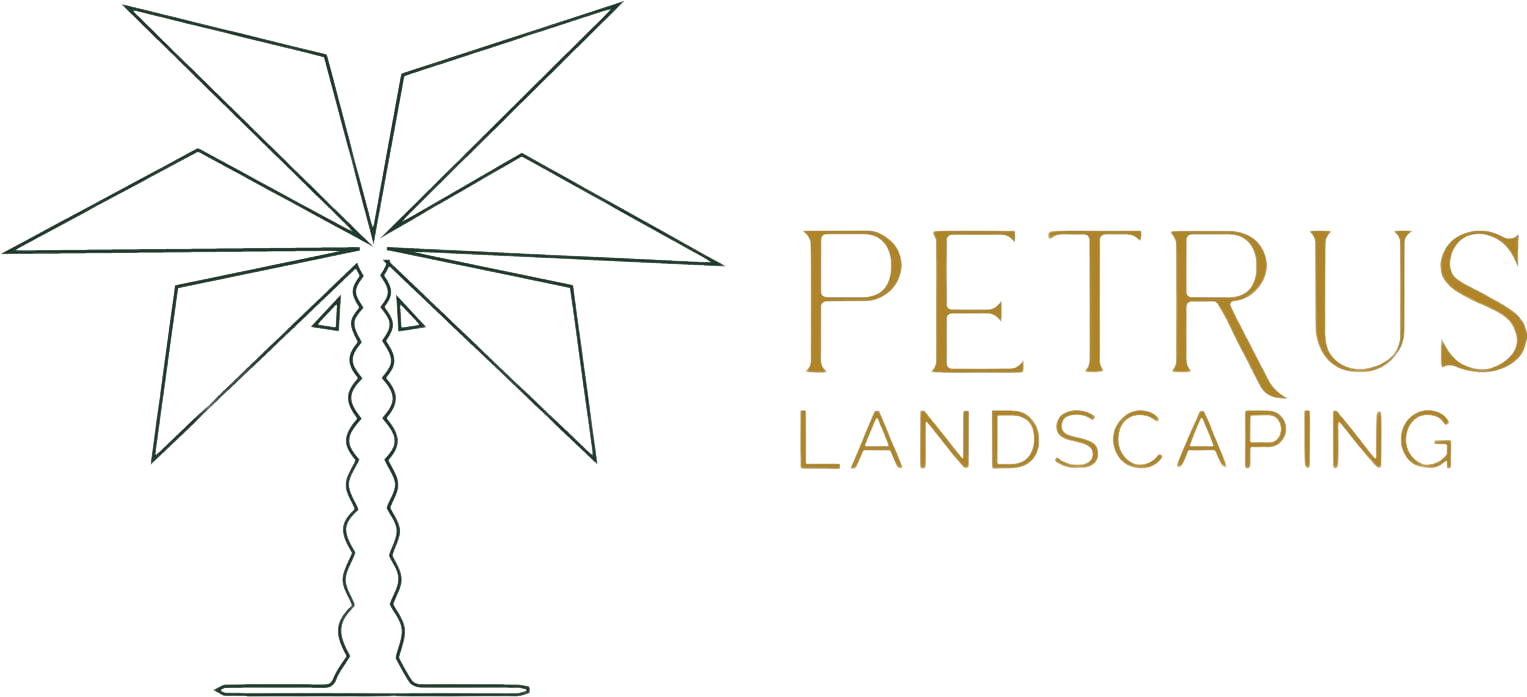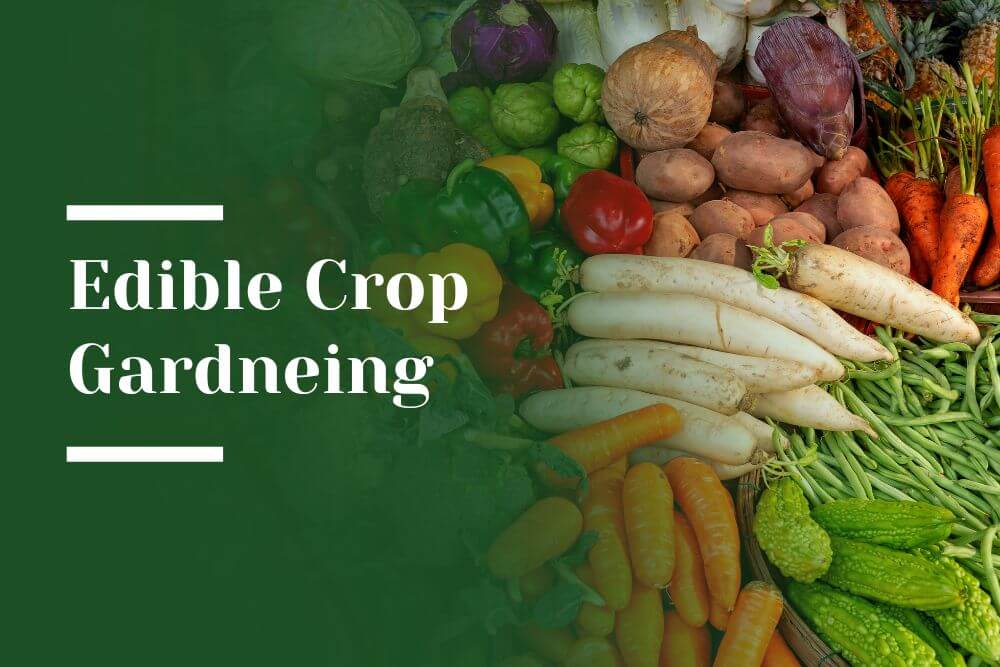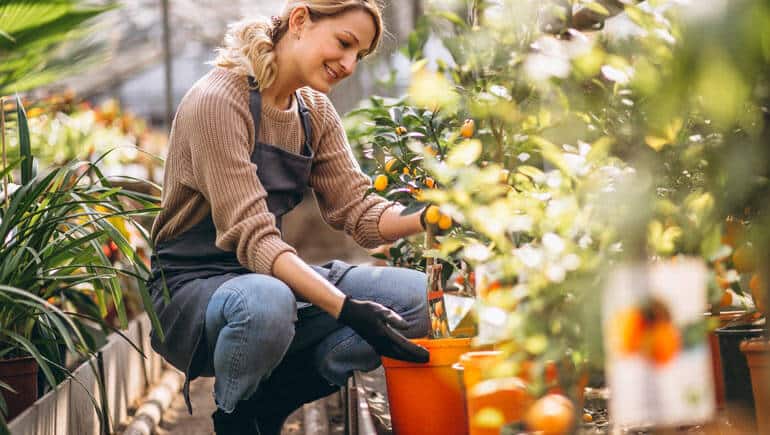Gardening is more than just a hobby it’s a lifestyle. For many, cultivating their own edible crops is a way to connect with nature, enhance the aesthetics of their property, and enjoy fresh, organic produce. Whether you’re planning to grow a small vegetable garden or design a luxurious edible landscape, getting started can feel overwhelming. With the right guidance, however, you can create a thriving garden that not only feeds your family but also serves as an eye-catching addition to your outdoor space.
This comprehensive guide is perfect for beginners looking to avoid common mistakes, gain valuable tips, and achieve gardening success.
Why Start an Edible Crop Garden?
Growing your own edible crops offers a wealth of benefits:
- Fresh, Organic Produce: You control what goes into your garden, ensuring your food is free of harmful chemicals.
- Aesthetic Appeal: A well-maintained edible garden adds charm to your property. When incorporated into luxury landscaping, it can elevate the overall design of your outdoor space.
- Sustainability: Reduce your carbon footprint by growing your own fruits, vegetables, and herbs.
- Cost-Effective: A one-time investment in seeds and tools can save you money on store-bought produce.
- Therapeutic Activity: Gardening is known to reduce stress and promote mental well-being.
An edible garden isn’t just practical it’s a statement. By working with an expert landscape designer in the Bay Area, you can create a garden that’s as beautiful as it is functional.
Essential Tips for Gardening Beginners
Starting your gardening journey can feel intimidating, but by focusing on these key areas, you’ll be well on your way to a thriving edible garden:
1. Understand Your Soil
Healthy soil is the foundation of any successful garden.
- Test your soil for pH levels, nutrient content, and drainage.
- Amend your soil with organic compost or fertilizer if necessary.
- Choose soil appropriate for the crops you’re growing; for example, root vegetables prefer loose, well-draining soil.
2. Master the Art of Watering
Watering your plants correctly can make or break your garden.
- Overwatering: This is one of the most common mistakes beginners make. Too much water can lead to root rot and fungal diseases.
- Underwatering: Insufficient water can dry out plants, causing them to wither.
- Pro Tip: Water deeply once or twice a week, ensuring the roots are well hydrated. For convenience, consider investing in a drip irrigation system—often recommended by professional landscape designers.
3. Start Small
It’s easy to get carried away when you’re starting out, but a sprawling garden can quickly become overwhelming.
- Begin with a few easy-to-grow crops like lettuce, spinach, or herbs.
- Gradually expand your garden as you gain confidence and experience.
A small, well-maintained garden is far more rewarding than a large, neglected one.
4. Choose the Right Location
Sunlight is critical for edible crops. Most vegetables need 6–8 hours of direct sunlight daily.
- Observe your yard throughout the day to identify the sunniest spots.
- If you have limited space, consider vertical gardening or container gardening on a balcony.
For larger properties, a luxury landscaping company can help you design a layout that maximizes sunlight exposure while maintaining an elegant aesthetic.
5. Daily Care and Maintenance
A successful garden requires daily attention.
- Check plants for signs of pests or diseases.
- Remove weeds that compete for nutrients and water.
- Prune plants to encourage healthy growth and airflow.
Routine maintenance doesn’t have to be tedious. In fact, with the right setup, it can become a meditative daily ritual.
6. Invest in Quality Tools
The right tools make gardening more efficient and enjoyable.
- Must-haves include a trowel, pruners, gloves, a watering can, and organic fertilizer.
- Investing in durable tools ensures they’ll last for years to come.
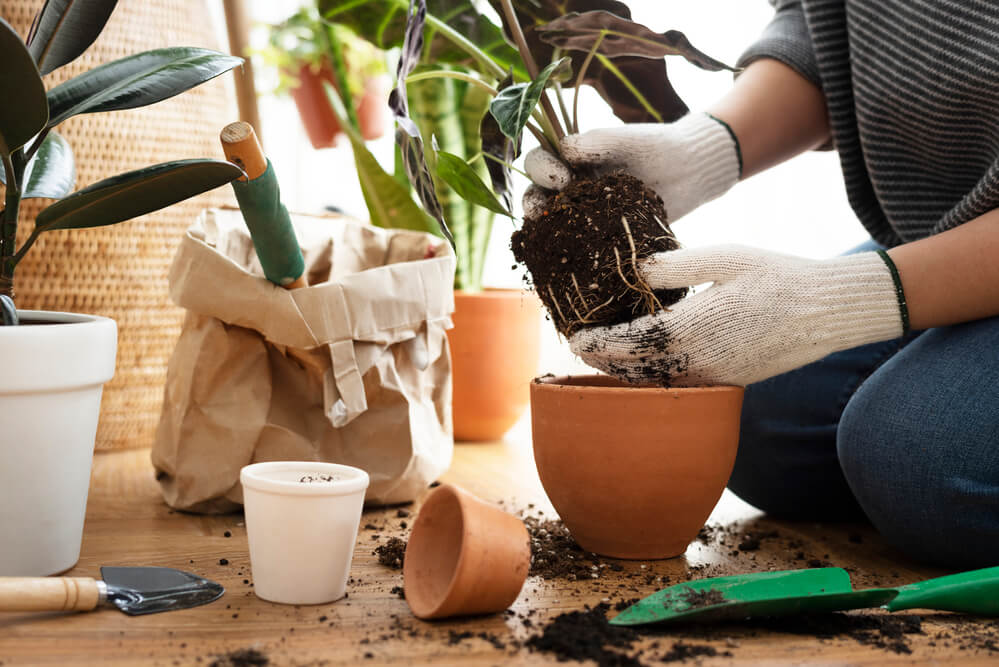
Mistakes to Avoid in Your Edible Crop Garden
Even the most enthusiastic beginners make mistakes. Avoid these common pitfalls to set yourself up for success:
1. Overwatering or Underwatering
- Plants need just the right amount of water to thrive. Stick to a regular schedule and adjust based on weather conditions.
2. Neglecting Soil Preparation
- Skipping soil testing or ignoring its condition can stunt plant growth. Healthy soil is nutrient-rich and well-draining.
3. Planting in the Wrong Season
- Crops have specific growing seasons. For example, lettuce and spinach thrive in cooler months, while tomatoes and peppers prefer summer.
4. Ignoring Pests and Diseases
- Left unchecked, pests and diseases can quickly destroy your garden. Inspect plants regularly and address issues immediately using natural remedies or pesticides.
5. Overcrowding Plants
- Crowded plants compete for light, water, and nutrients. Give each crop enough space to grow.
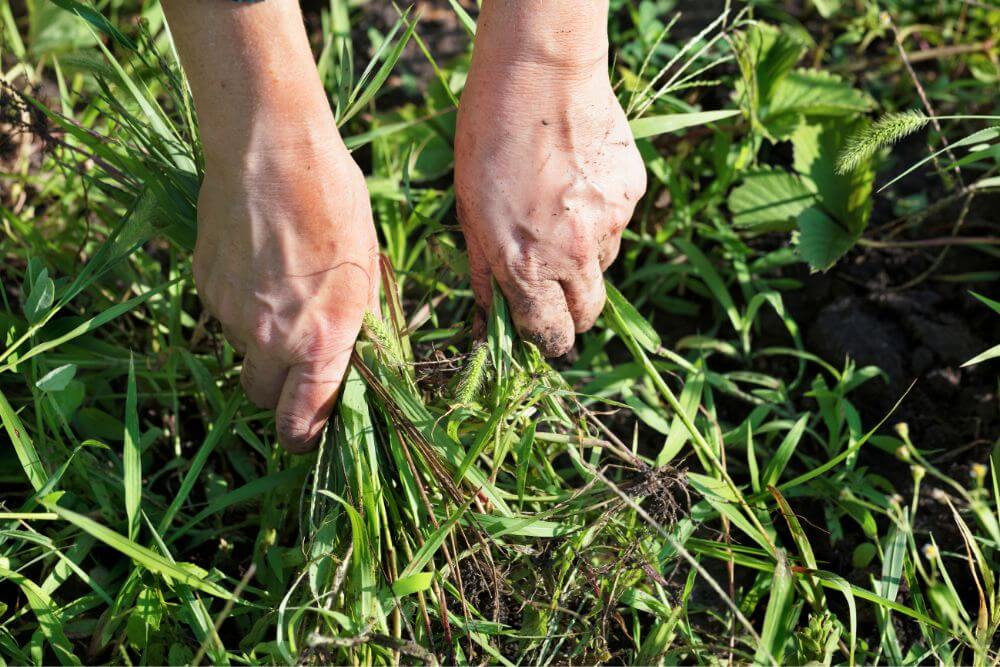
Best Crops for Beginners
If you’re new to gardening, start with these beginner-friendly crops:
- Lettuce: Quick-growing and versatile.
- Spinach: A hardy plant that thrives in cool weather.
- Herbs (Basil, Mint, Parsley): Easy to grow and perfect for adding fresh flavors to your dishes.
- Tomatoes: Rewarding and highly productive.
- Peppers: Thrive in warm climates and require minimal maintenance.
Edible Gardening for Apartment-Dwellers
Even if you don’t have a yard, you can still grow edible crops:
- Container Gardening: Use pots or containers for crops like cherry tomatoes and herbs.
- Vertical Gardens: Maximize small spaces by growing plants vertically on trellises or wall-mounted planters.
- Indoor Gardening Kits: Invest in grow lights and hydroponic systems for year-round indoor gardening.
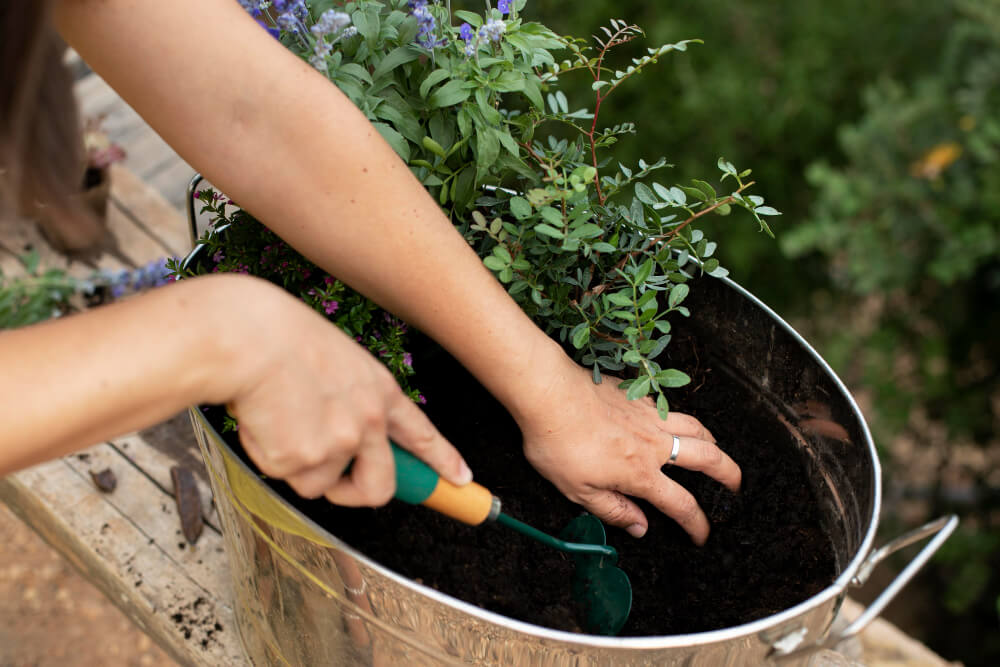
For apartment-dwellers, edible gardens can double as decorative elements, adding greenery and vibrancy to your space.
Gardening is an incredibly rewarding journey that brings fresh produce, beauty, and sustainability to your home. By following these essential tips, avoiding common mistakes, and starting small, you can create a thriving edible crop garden—even as a beginner.
For those looking to elevate their gardening experience, a luxury landscaping company can design a stunning edible garden that enhances your property’s beauty while remaining functional and productive.
Ready to start your gardening journey? Whether you’re growing a few herbs on a balcony or designing an estate-worthy edible garden, remember to enjoy the process and celebrate each milestone along the way. Happy gardening
